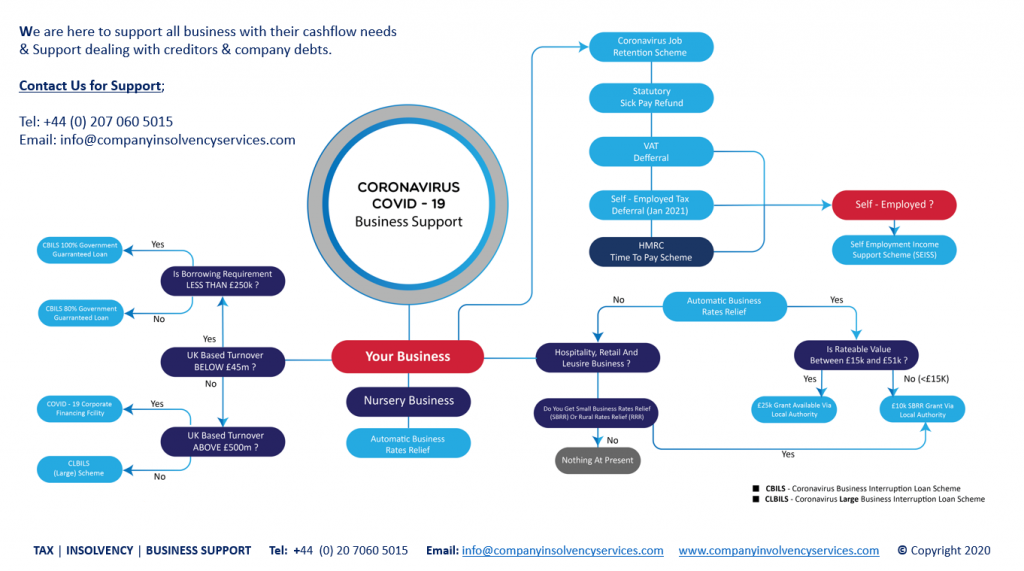The HM Revenue & Customs HQ is situated in London, England at 100 Parliament Street where they are able to oversee their UK-wide offices. As of 2016 there are 453 HMRC office locations throughout the United Kingdom, Scotland, Wales and Northern Ireland.
The HMRC has offices all over the UK. There are 12 British cities (London, Newcastle, Belfast, Cardiff, Edinburgh, Glasgow, Leeds, Liverpool, Manchester, Sheffield, Bristol and Birmingham) in which there’s at least one office. The list of all the locations where you can find an HMRC office is available on this link.
But that’s not all! You can also access the services provided by the tax authority through its online facilities. And if you’re considering moving to another place anytime soon or just want to use your Stamp Duty calculator before committing yourself to a new home purchase it might be worth checking for local HM Revenue & Customs’ Tax Offices near me. That way you’ll know exactly where they are and how to get there before you need them.
If you’ve got the details of the contact number, it will already be a great start. When calling HMRC, whether to make an appointment with one of their offices or for general enquiries, follow these steps:
• Dial 0300 200 3500 (lines are open Monday to Friday 8am – 8pm, Saturday 8am – 4pm).
• Select your language when asked (if English is not your preferred language choose from Spanish, Polish or Welsh).
You’ll get through to an adviser who can help you on personal cases and queries related to PAYE tax on 0300 200 3311.
• For General VAT Enquires queries call back during office hours on 0300 200 3700.
• Get in touch for General advice on making tax payments and National Insurance General inquiries queries using 0300 200 3700 between 9am and 5pm Monday to Friday.
What action can HMRC take for missed or late payments?
If your business is not meeting its financial responsibilities then they are within their rights to take the necessary action. Here are some considerations that they may implement in order to get you back on track:
Charging interest for late payment will accumulate until an amount of tax is paid off in full.
If your business continues to be uncooperative HMRC have the power to send an enforcement agent in. This means that a third party will visit your premises in order for them, with support from law enforcement officers if need be, can seize property or assets belonging to your business which could go towards paying off any owed debt.
If still proving unwilling or unable to meet financial expectations, they can prosecute your business under criminal proceedings with punishments resulting in fines and possible imprisonment for the individuals responsible in your company.
If you’re a sole trader, HMRC can issue an Accelerated Payment Notice demanding that the outstanding tax is paid immediately and in full with interest or face even further action. If not complying, they will make an application to court which could go on to result in possible imprisonment of up to 3 years along with an unlimited fine for non-payment.
A Tax Investigation can lead onto criminal proceedings resulting in fines or imprisonment too if it’s deemed necessary by HM Revenue & Customs’ discretion after they have looked into all the information collected about your business and its owners and employees and considered possible evasion of taxes and other financial crimes committed.
Penalties and surcharges
If you’re a business and have failed to submit an online return on time, HMRC will charge a penalty of £100.
If your tax liability is larger than £3000 for the year in question they may increase your penalty by 50% for not filing your return electronically. If they find that you’ve been negligent when submitting returns too, meaning any errors from manual entry or from late submission resulting in late payment surcharges being applied – these can result in hundreds of pounds extra being added onto the total amount owed.
Finally, if a previous return hasn’t been filed or was incorrect then HMRC hold all rights to claim up to 100% of the taxes due on that submission amounting to thousands of pounds which they can take off of you immediately.
Interest charges
If you’ve not met your PAYE or Class 1 National Insurance responsibilities and have failed to pay on time, interest will be charged at 3% above the base rate of Bank of England. This is applied continually until your tax payment has been made in full.
Enforcement Notice
If you still refuse to pay the tax due after a reminder has been left, HM Revenue & Customs have the power to send an enforcement agent in. This means that a third party will visit your premises in order for them, with support from law enforcement officers if need be, can seize property or assets belonging to your business which could go towards paying off any owed debt.
Seizure of assets
If your business is still failing to meet its responsibilities, HMRC have the power to seize assets by applying for ‘Attachment of Earnings Orders’. This will allow them to make deductions from earnings on a regular basis in order for them to be sent towards any outstanding tax. If you are self-employed, an attachment of earnings order can also be issued against your bank accounts if necessary.
Court Proceedings
If all else fails and debts are not being paid off after all previous actions have been attempted, then HM Revenue & Customs can begin court proceedings which comes with fines or even imprisonment depending on severity of the case. The maximum fine that they can dish out is £3000 but this could go up to 100% of the tax that is owed if it’s found that your business was being deliberately evasive. If you are a sole trader under court proceedings, any disputes or appeals must be handled through an independent body called the Tax Tribunal which could result in further payments being required to be made.
Statutory Demand (SD) –
A statutory demand is served where either the company has not complied with its filing requirements or it does not provide any other acceptable reason for non-compliance, such as having no assets. As a result of this, HMRC can demand payment of tax and VAT liabilities as well as interest and penalties as they fall due.
Demand for Payment (DfP) –
It can be issued when HMRC becomes aware that there’s an outstanding debt towards the revenue but no statutory paperwork is open like with a SD.
Accelerated Payment Notice (APN) –
This essentially acts as a Creditor’s Intentions Letter to see if you actually intend on paying your debts or not before taking further action which could lead to a SD or DfP being opened.
Winding-up petition
If HMRC issues a winding-up order, the company in question has 21 days to settle its debts. Once this is passed without payment being made, HMRC can begin issuing bankruptcy proceedings against your business or enter administration mode which would lock down all assets until further notice. The same rules apply even if an application for Company Voluntary Arrangement (CVA) hasn’t been agreed upon and will take priority over any petition you submit yourself.
Administration –
If your company begins operating under the supervision of court appointed administrators, then all existing contracts and arrangements with third parties become invalid and your debts are frozen by law enforcement officials. Your credit rating also becomes tarnished for up to six years leaving it harder to do business anywhere in the future.
Get in touch with us today on +44 (0) 20 7060 5015 or email us @info@companyinsolvencyservices.com




